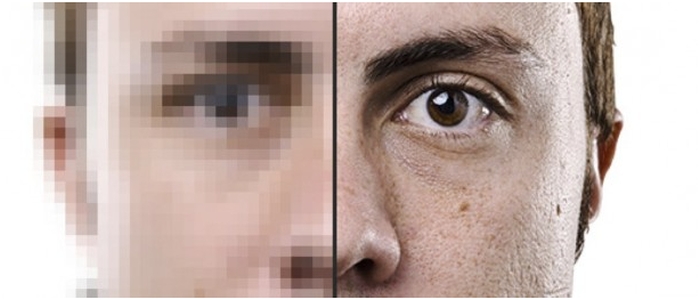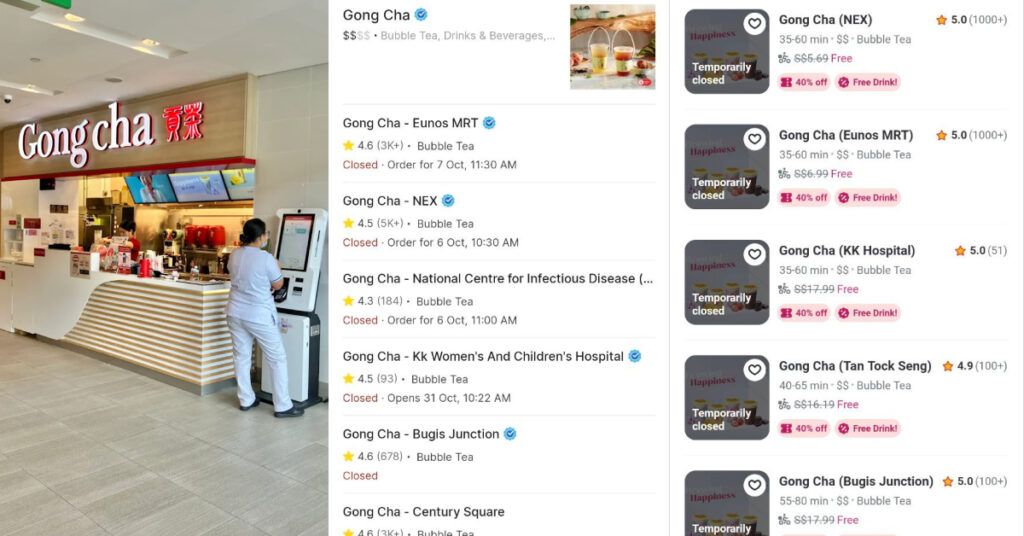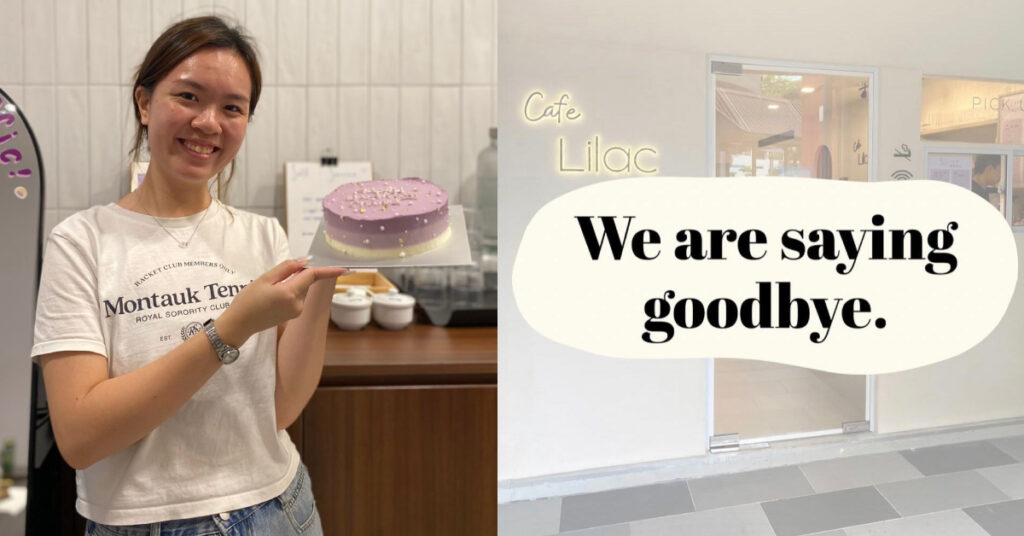This is highly likely to be the next big thing as the cost of technology gets cheaper at about US20,000 a pop with NEC IT and Google, the driving forces behind it all.
For starters, Universal Studios Japan is one of the first hotels to make use of facial recognition in the hospitality industry, a remarkable milestone for NEC, the hotel’s facial recognition technology solution provider. Some 500,000 guests have been enrolled in the Universal program since June this year with the numbers growing steadily.
NEC is marketing the facial recognition technology in the hospitality industry as a way to recognize high-value customers, says Allen Ganz, senior account development for the biometric division at NEC North America.

It’s essentially an opt-in program and guests decide whether if they want to be part of the hotel’s database. This avenue allows the hotel to identify guests as they walk up to the front door and alerts the front desk, concierge and other personnel in the hotel upon their arrival, which is often a key differentiator for service level comparisons that has a direct correlation to repeat visits among the different hotel chains globally.
The system is described as being software-based and integrated with the hotel’s loyalty and customer relationship management system. Inputs are gathered from traditional IP or analog surveillance cameras and matched against the hotel’s database of guest images.
The matched results let hotel staff greet the guests personally, tailor the amenities based on their previous accommodation records and thus improve the quality of their stay. And this starts the moment they walk through the front door when the hotel’s surveillance cameras pick them up.

Google on the other hand, employs a more prudent approach. Google officially banned Glassware last year, and in a Google+ post in May 2013, it cited “interest and concern around the possibilities” among Glass Explorers, as well as promising that it would put “strong privacy protections” in place before approving Glassware.
This hasn’t stopped iTesso, the hospitality solutions provider, from forging ahead and selling Glassware as part of their solutions offering. Despite the lack of approval from Google, itesso says it will continue to create and distribute Glassware, privately, to its own customers, independently of the MyGlass portal.
Their software uses an image taken with the Glass camera for comparison with both the hotel’s database and with public image sources, such as LinkedIn. Once recognized, the guest’s check-in process will also be streamlined by the new app, according to a recent iTesso press release.
Watch the video below, which explains how iTesso’s facial recognition solutions work.
It wouldn’t come as a surprise that hotels in Singapore are also rushing to jump onto the facial recognition bandwagon in a nation where the hospitality industry has historically employed technology to drive productivity, where otherwise, constantly besieged by a lack of manpower issues. From self-service, mobile QR-code-driven check-ins to the use of state-of-the-art housekeeping equipment and management systems, facial recognition seems to be a natural progression.
What sets the Singapore hotels apart is the Governmental support they receive. A speech by Dr. Amy Khor at the inaugural Singapore Hotel Association /Singapore Tourism Board Hospitality Summit, a part of the National Productivity Month last week, acknowledges the lack of a sustainable workforce to meet the needs of the hotel industry, which has seen robust growth in recent years.
In her speech, she has identified the changing aspirations of Singaporeans and the need to look seriously into matching good hotel jobs with local aspirations to remain competitive in attracting and retaining talent. By 2030, two-thirds of Singaporeans will expect to hold PMET jobs. Currently PMET jobs comprise less than 30% of the hotel industry’s workforce. Hence, hotels will have to consider how they can provide careers that better match the aspirations of Singaporeans.
To overcome these challenges, it is also an imperative for hotels to transform their business models and processes to be more productive and less manpower reliant in order to grow sustainably. This would be done through the Hotel Productivity Roadmap, of which technology and innovation are key drivers.

White papers and statistics aside, what makes this really exciting for Singapore’s hotel industry is that self-service kiosks using facial recognition technology is already in the beta testing phase. A prototype of the kiosk has been developed by hotel owner and operator Far East Hospitality, in collaboration with STB.
It wouldn’t be long before these kiosks become a permanent fixture. Taking selfies while checking into your room without having to wait in long lines, being addressed by your preferred name all the way up to your room will soon become the norm.
As a concept, facial recognition doesn’t automatically mean creepy. Good hotel and restaurant staff have been doing it without facial recognition aid for years. I myself have done that countless times when meeting up with people for the first time. I remembered sitting opposite Ovidia Yu, a renowned Singaporean writer this one occasion and looking her up on Google when she made a sudden appearance at our dinner table. “Do you do this often?” She asked. That was 2-3 years back and yes I still do so till this day.












